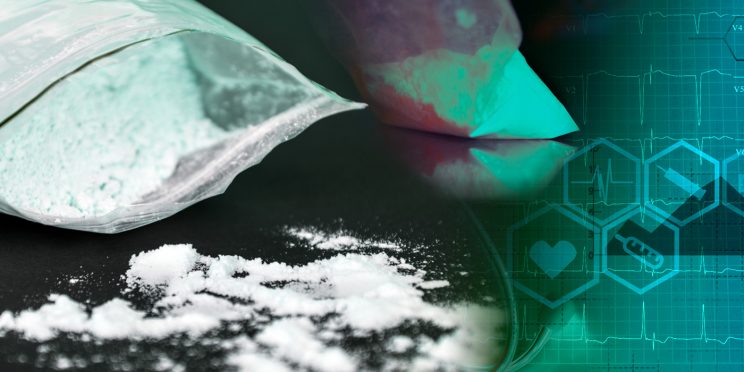Overview
Morning Session II: Controlled Substances & Toxicology
The NIJ Research and Development (R&D) Program funds both basic or applied R&D projects that will: (1) increase the body of knowledge to guide and inform forensic science policy and practice, or (2) result in the production of useful materials, devices, systems, or methods that have the potential for forensic application. The intent of this program is to direct the findings of basic scientific research and development in broader scientific fields applicable to forensic science and ongoing forensic science research. This program is directed toward the development of highly discriminating, accurate, reliable, cost-effective, and rapid methods for the identification, analysis, and interpretation of physical evidence for criminal justice purposes. Original Live Symposium took place on 02/20/2018.
Controlled Substances & Toxicology
- Liver "Doesn't Die," or at Least it's Enzymes, and Other Useful Information Discovered While Evaluating the Effect of Sample Preparation Techniques and Matrix Effects and Absolute Recovery of Opiates in Liver Tissue Using UPLC-MS/MS
- Carl Wolf | Virginia Commonwealth University
- Evaluating Trends in Novel Psychoactive Substances Using a Sentinel Population of Electronic Dance Music Festival Attendees
- Alex Krotulski | Center for Forensic Science Research & Education at the Fredric Rieders Family Foundation
- Assessing the Impact of Implementing Portable Mass Spectrometers for On-Site Drug Evidence Processing
- Jamie Wieland | Illinois State University
- Rapid Peptide Analysis Utilizing Matrix-Assisted Inlet Ionization and Paper Spray Ionization Mass Spectrometry
- Kyle Vircks | Harris County Institute of Forensic Sciences
Funding for this Forensic Technology Center of Excellence webinar has been provided by the National Institute of Justice, Office of Justice Programs, U.S. Department of Justice.
The opinions, findings, and conclusions or recommendations expressed in this webinar are those of the presenter(s) and do not necessarily reflect those of the U.S. Department of Justice.
Contact us at ForensicCOE@rti.org with any questions and subscribe to our newsletter for notifications.




